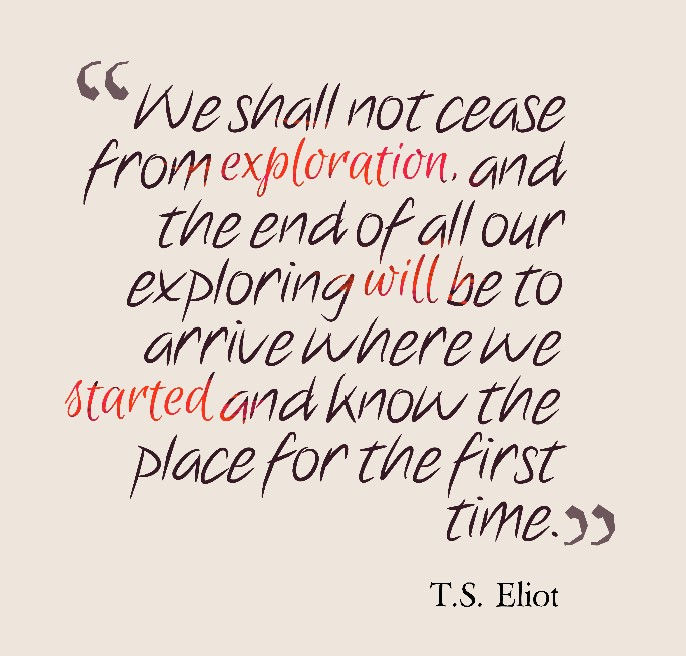The meaning of "To go Walkabout"
- Insa
- May 10, 2020
- 3 min read
Updated: Jun 15, 2020
Last October, we were taking the train to somewhere in Germany. In the narrow aisle, a young man in black and unusual attire sat on the floor. Next to him lay a black hat, a walking stick, and a small bundle. He was a "Wandergeselle," a journeyman carpenter on his traditional quest for knowledge and experience. My kids (and I) were understandably fascinated with this "modern-day hobo" and his oddly dignified poise of self-assurance and purpose while sitting on the floor.

We learned that a journey(wo)man is a young craftsman who has finished their apprenticeship. They set out to collect experience and knowledge. They work for different craft masters while living on the road, before settling down and becoming a master craftsman themselves. These journeys are tough endeavors; the rules date back to medieval times and are still are incredibly strict today. A journey lasts at least three years and one day. The young man on the floor of our train explains that the Deutsche Bahn will let him ride for free, as long as he doesn't take seats from the paying public.
On the other side of the globe, in Australia, a "Walkabout" is a rite of passage. The word "walkabout" comes from the Australian Aboriginal society's traditions, and it has a deep spiritual significance. Young men in their teenage years spend extended time "walking about" alone in the Australian bush. Their solitary walk's purpose is to grow up, to make their experiences, to search for their "songline," which I saw translated to mean "path of dreams."
I do love the spirit of being on walkabout. Maybe I fancy it rather romantic to raise my kids in a way that might allow them to listen for their songline, find their path of dreams. But maybe it is merely the gypsy blood of my Roma grandmother calling me on the road?
The study of the Indigenous songlines does reveal something magic: Indigenous story (as in the story of creation) starts in the distant past and simultaneously lives on today. Time in traditional Indigenous Australia is not merely a collection of moments connected by the calendar, but it is a magic continuum of the past and the present simultaneously. That sums up my experience of time while on the road: a mindful experience of the time continuum - or the time warp. When we travel with or against the clock, we experience this as jet lag. And in every moment of our "holy"days, it just seems that life is more precious and that time slows down as we live with more awareness of our surroundings and experiences.

In my years of moving about - what did I learn so far? I learned that the songline is sort of a circle: it connects the past and the present, it connects this place and that. It spans the time and space between home and the road. After years of living as a nomad, I am coming to recognize that we do not have to leave our home at all for this. Crazy, right? I believe that you can find your sense of wonder, your magic, your songline, if you just learn to live mindfully. Sounds easy enough. Sadly for me, during these decades of my life, I have always had to run away to trigger my change curve. I have only ever been able to see the magic in a new beginning when I broke my normal. I have only ever been able to practice minimalism when I realize what does not fit into my backpack.

I travel to learn about my path of dreams.
I travel to teach my kids about listening to their songlines.
About the author:
Born and raised in Europe, Insa is a world-schooling mom of three, a polyglot nomad, and a life coach. After decades of working for global corporations, she now explores the surprising revelations of a life adrift. She blogs on Kids on Walkabout.




Comments